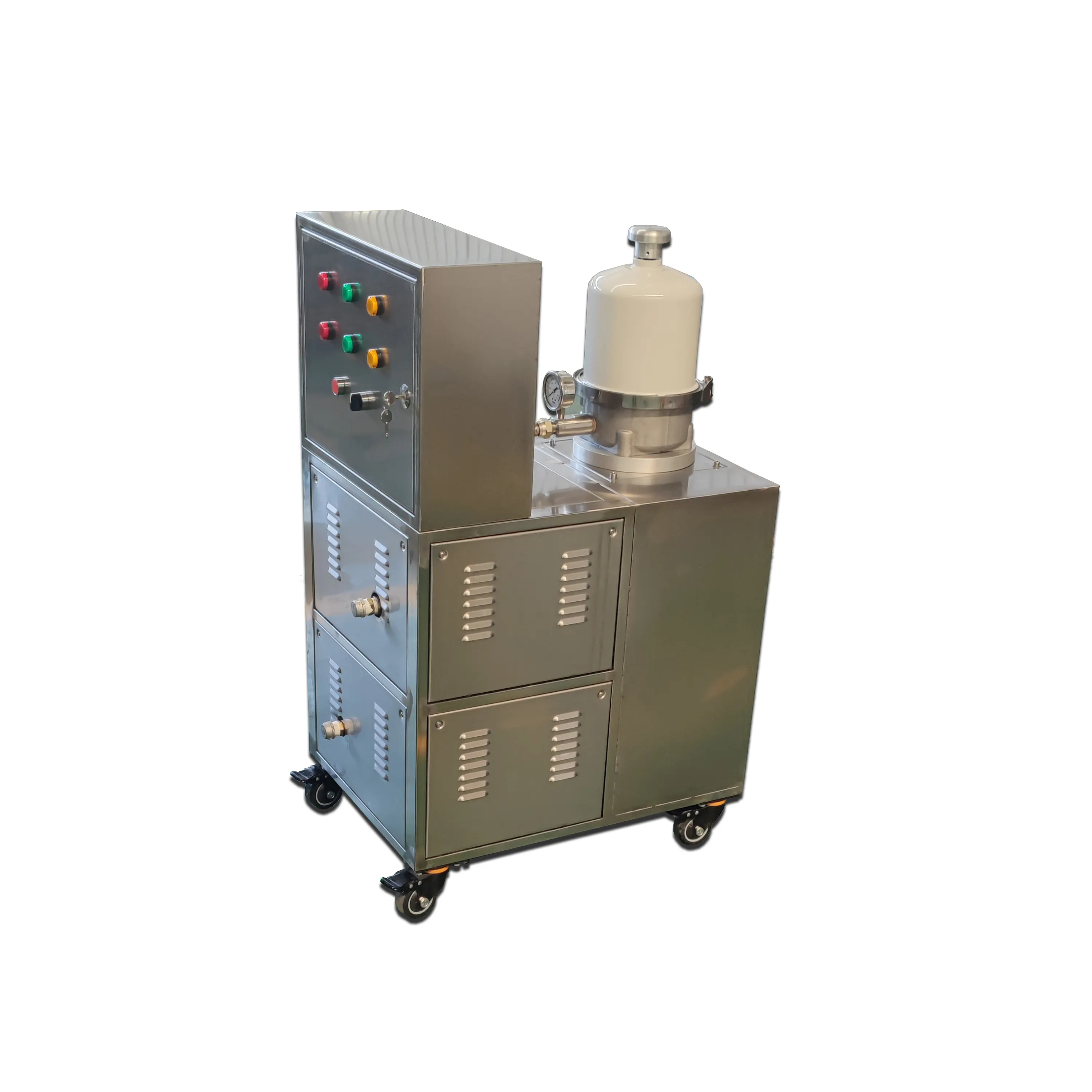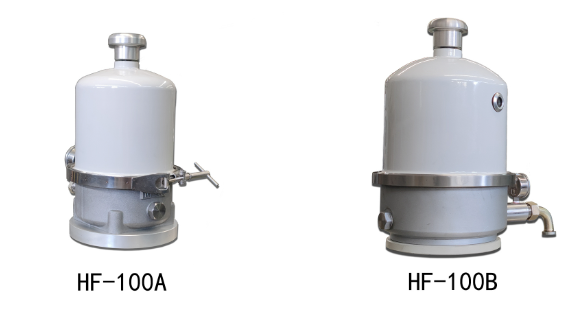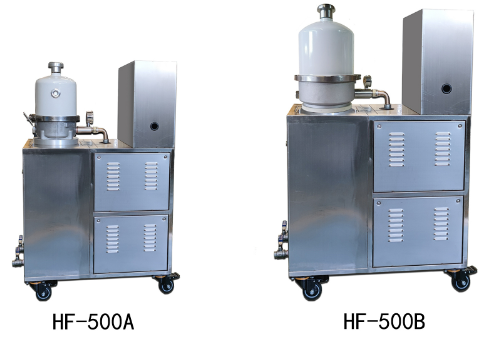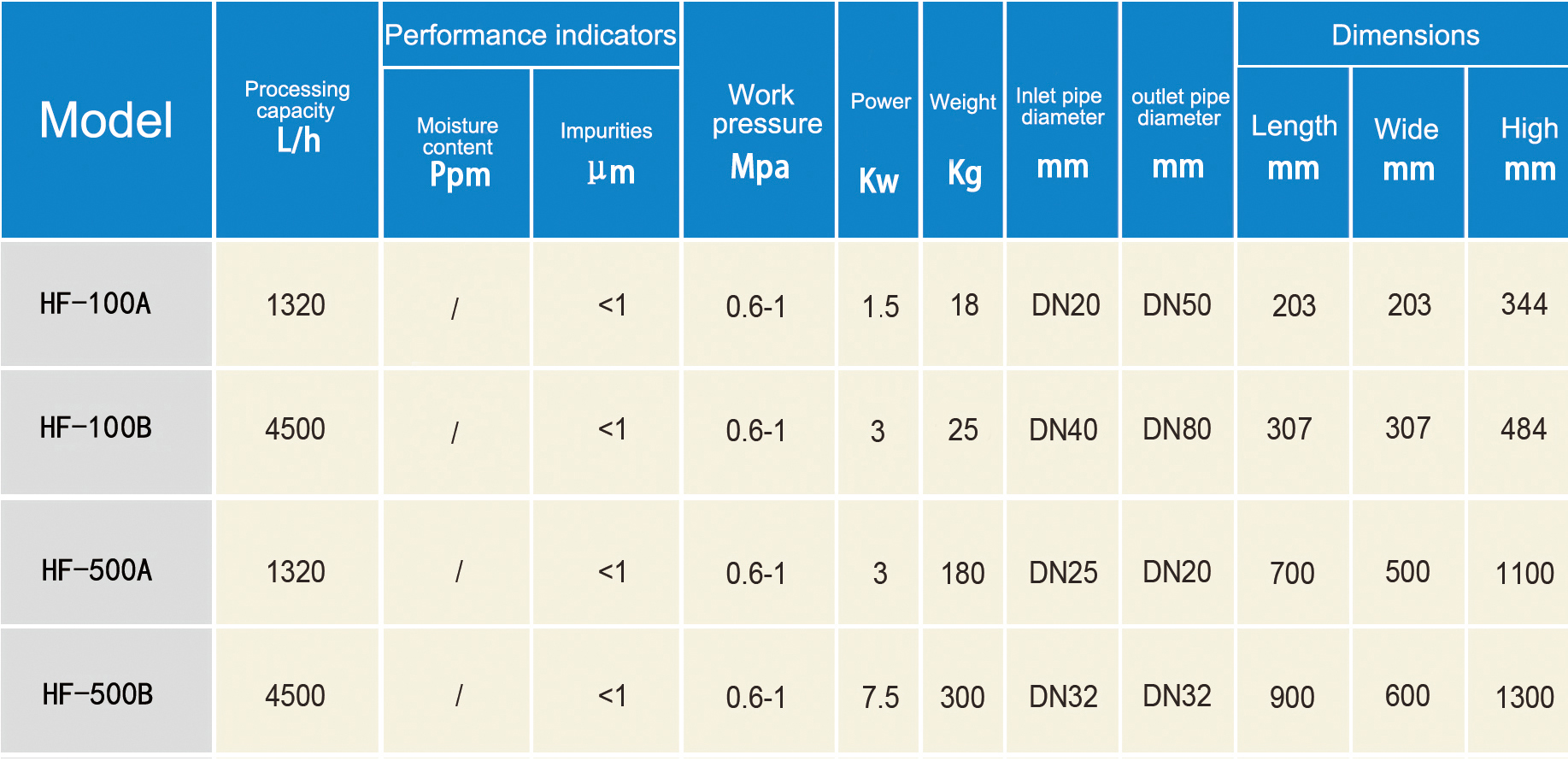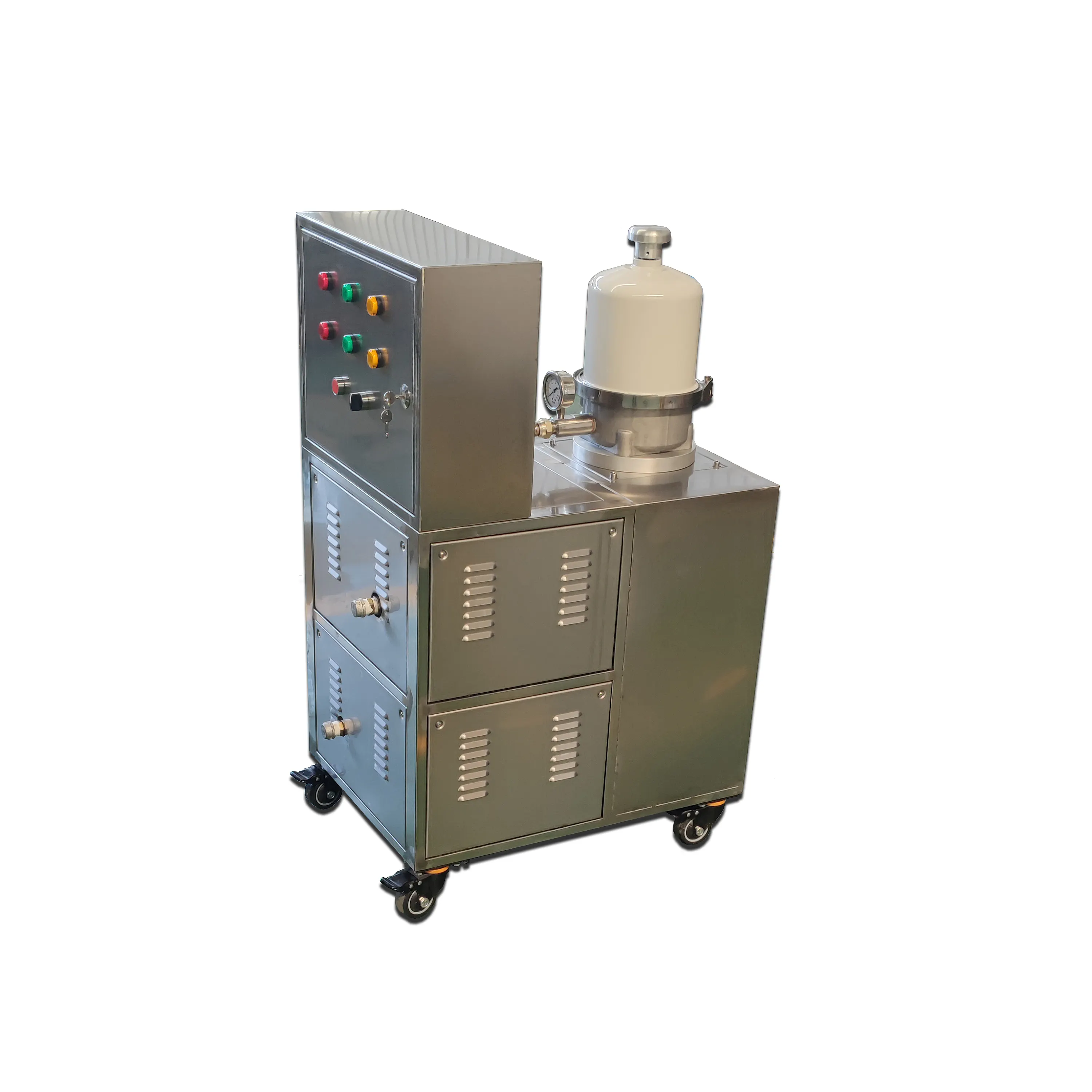
Oil filtration machine for the gear oil
Oil filtration machines are specialized equipment used to remove impurities and contaminants from various types of oils, including lubricating oils, hydraulic oils, transformer oils, and more. These machines are designed to maintain the cleanliness and quality of the oil, thereby enhancing the performance and lifespan of the equipment or machinery that relies on it.
Applications
Oil filtration machines find applications in various industries, including automotive, manufacturing, power generation, aerospace, and more. They are used to maintain the cleanliness of oils in engines, hydraulic systems, turbines, transformers, and other equipment. By employing effective oil filtration machines, industries can reduce equipment downtime, improve operational efficiency, extend the lifespan of machinery, and minimize the risk of costly repairs or replacements. The specific design and features of an oil filtration machine can vary depending on the intended application and the requirements of the oil being filtered.
Features
Horizontechnology's oil filtration machines use the centrifugal separation method and offer the following advantages:
High Efficiency: Centrifugal separation is highly efficient in removing solid particles and water from oil. It can effectively separate and collect contaminants of various sizes, ranging from large particles to submicron-sized particles. The centrifugal force generated during the process allows for efficient separation, resulting in clean oil.
Continuous Operation: Centrifugal separators can operate continuously, allowing for uninterrupted filtration and purification of oil. They can handle a continuous flow of oil without the need for frequent stoppages, making them suitable for applications that require continuous operation and minimal downtime.
Fast Processing: Centrifugal separation is a relatively fast method for oil filtration. The separation process occurs within a short period, allowing for quick turnaround times. This is particularly advantageous in industries where time-sensitive operations are involved.
Scalability: Centrifugal separators are available in various sizes and capacities, making them suitable for a wide range of applications. They can be scaled up or down to accommodate different flow rates and volumes of oil. This scalability allows for flexibility in implementing centrifugal separation in various industries and applications.
Reduced Maintenance: Centrifugal separators generally have fewer moving parts compared to other filtration machines, which leads to reduced maintenance requirements. They are designed for reliable and long-lasting operation with minimal wear and tear. This helps to minimize maintenance costs and downtime associated with system maintenance.
Versatility: Centrifugal separators can be used for different types of oils, including lubricating oils, hydraulic oils, transformer oils, and more. They are suitable for a variety of industries such as manufacturing, power generation, automotive, marine, and aviation. The versatility of centrifugal separation makes it a widely applicable method for oil filtration and purification.
Extend Equipment Life: By efficiently removing contaminants from the oil, centrifugal separation helps to protect equipment and machinery from premature wear and damage. Cleaner oil with reduced particle contamination can extend the lifespan of critical components, such as bearings, gears, and seals, resulting in improved equipment reliability and reduced maintenance costs.
No High-Temperature Heating Required: One important advantage of oil filtration machines is that they do not require high-temperature heating, which can be detrimental to the oil. The filtered oil can reach the quality of new oil without the need for excessive heat, preserving the oil's properties and reducing the risk of oil degradation.
The Importance of Gear Oil Filtration
Oil filtration machines play a vital role in maintaining the performance and longevity of gear oil in industrial applications. Gear oil is specifically formulated to provide lubrication, cooling, and protection to gears and other mechanical components in various machinery and equipment. Over time, gear oil can become contaminated with particles, moisture, and degradation byproducts, which can affect its lubricating properties and cause premature wear and damage to gears. Here is a professional perspective on the role of oil filtration machines for gear oil:
Contaminant Removal: Gear oil is exposed to various contaminants during operation, including particles generated from gear wear, dirt, debris, and external contaminants. These contaminants can act as abrasives, leading to increased wear and reduced gear performance. Oil filtration machines effectively remove these contaminants using techniques such as mechanical filtration, magnetic filtration, or centrifugal separation. By keeping the gear oil clean and free from harmful particles, filtration machines help maintain proper lubrication and protect gears from premature wear.
Moisture Control: Moisture can enter the gear oil system through various sources, such as condensation, external humidity, or water ingress. Water in gear oil can lead to corrosion, rust formation, and reduced lubricity, compromising gear performance and longevity. Oil filtration machines equipped with moisture removal features, such as coalescing filters or vacuum dehydration units, help remove water from the oil, ensuring optimal lubrication and preventing moisture-related damage to gears.
Oxidation and Degradation Control: Gear oil is subject to oxidation and thermal degradation over time, which can result in the formation of sludge, varnish, and acids. These degradation products can impact the oil's viscosity, lubricity, and overall performance. Oil filtration machines with suitable filtration media and additives help remove these degradation byproducts, ensuring that the gear oil remains clean and capable of providing effective lubrication and protection to gears.
Temperature Control: Gear operations can generate substantial heat due to friction and load. Elevated temperatures can accelerate oil degradation and reduce its lubricating properties, leading to increased wear and potential gear failure. Oil filtration machines can incorporate cooling features or heat exchangers to control oil temperature and maintain proper lubricating performance. By managing temperature, filtration machines help preserve the gear oil's properties and prevent thermal damage to gears.
Monitoring and Maintenance: Monitoring the condition of the gear oil and the performance of the filtration machine is essential for optimal gear operation. Regular oil sampling and analysis, as well as monitoring key parameters such as particle counts, viscosity, acidity, and moisture content, provide valuable insights into the effectiveness of the filtration machine. Adhering to recommended maintenance practices, such as filter replacement, system cleaning, and oil change intervals, helps ensure the reliability and efficiency of the oil filtration machine.
By using advanced oil filtration machines specifically designed for gear oil, industries can effectively maintain the cleanliness and quality of gear oils, resulting in improved gear performance, extended gear life, and reduced maintenance costs.
